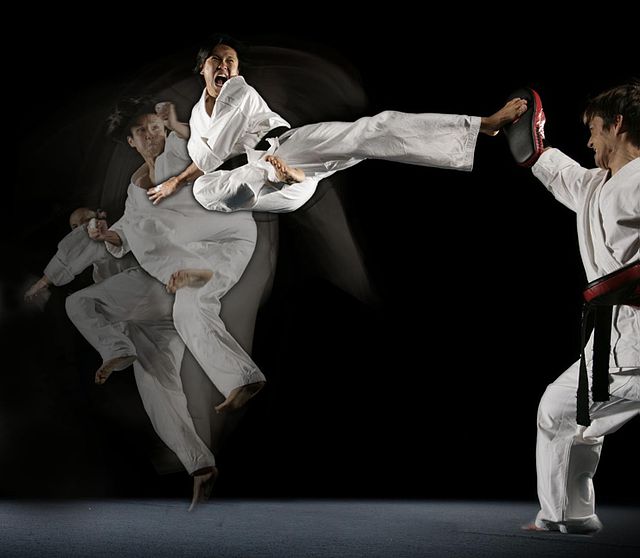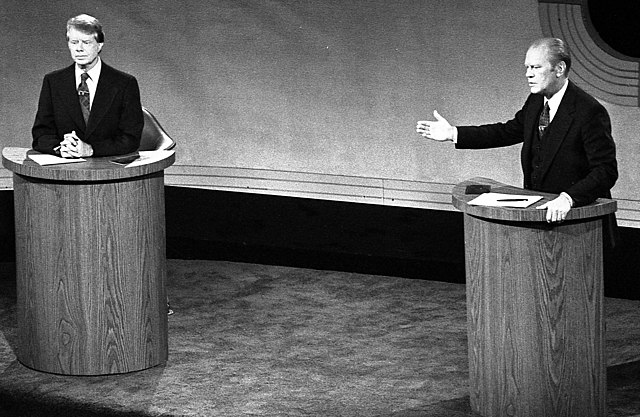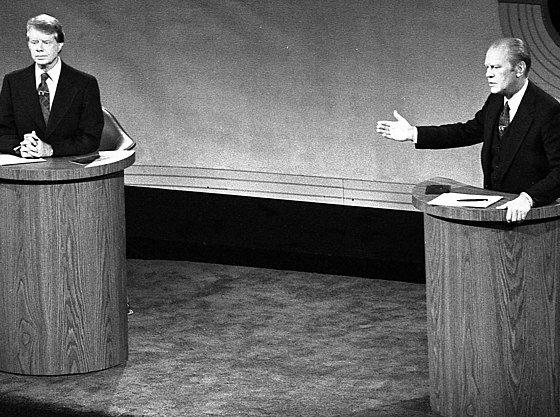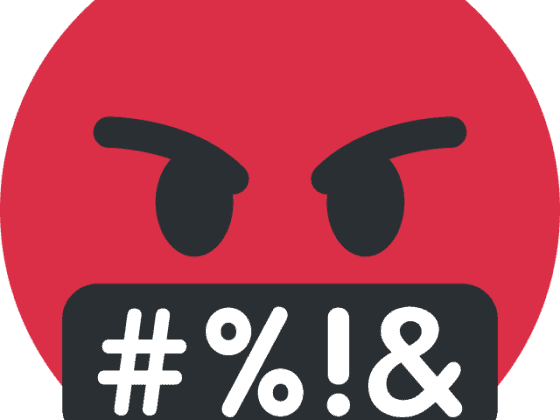
How to Argue Honorably and Effectively
Arguing honorably isn’t easy. One mention of a hot-button topic and you could quickly find yourself at the Argument Clinic in a bad Monty Python sketch. But mastering the art of debate is worth the effort because it influences people, builds social capital, and strengthens relationships. An effective tool for innovation and problem-solving, it also helps maintain a functioning democracy.
Key points:
- The truth supported by facts and figures helps but is often not enough.
- The foundations of effective debate include having sympathy for other viewpoints, using the scientific method, and avoiding a group mindset.
- Verbally slay your opponent with the preemptive agreement, reversal of causal arrow, and both practical and principled perspectives.
The Myth of a Polarized U.S.

If aliens took a few minutes to doom-scroll the headlines of news outlets or listen to political pundits, they would quickly assess that the extremely polarized U.S. population has gone nut-nut.
“People are strange: they are constantly angered by trivial things, but on a major matter like totally wasting their lives, they hardly seem to notice.” Charles Bukowski
But research paints a much different picture. According to one survey, nearly 80 percent of Americans share the same core values of liberty, equality, and progress, regardless of political affiliation. Ideology and politics might spark a salty argument, but it helps to remember that the majority of people actually share common ground.
The Foundations of Effective Debate
Even so, arguing honorably and effectively is often a complicated game of word Jenga that combines specific fundamentals of art and science. That’s why we’ve asked the experts how they master the art of debate. If you can get people on your side, especially the ones you disagree with, you have the power to change the world – or at least save your marriage (or a friendship, job, sales pitch, political party, etc).
Follow the Scientific Method
According to debate expert Charles Harper Webb, Ph.D., the scientific method is on your side in a debate. As he explains, “It involves formulating and testing hypotheses in an honest quest to discover what answer is best. Being wrong, in science, is no disgrace but a valuable step on the path to being right.”
Leggo the Ego
Having the mindset of a scientist helps remove emotion and ego, which is essential for opening up a constructive path of communication. It’s not about winning the argument but finding practical solutions to problems and challenges. Webb also says that each person must be willing to learn from the opposition and accept any evidence that weakens their position.
Mind the Sympathy Gap
If the scientific method falls apart and the debate fans the flames of [insert ideology here] rage, sympathy is the tried-and-true strategy for getting them to open their minds. Without it, you’ve got a morality gap the size of the Grand Canyon, a fault line so deep that both debaters will drown in a loathsome discussion. Truly considering the other person’s background and experience requires an open mind and equally open heart. Rember Dale Carnegie’s famous blueprint for success, How to Win Friends and Influence People: “Three-fourths of the people you will meet are hungering for sympathy. Give it to them and they will love you.”
“Success in dealing with people depends on a sympathetic grasp of the other person’s viewpoint.” Dale Carnegie
Go Against the Grain
it is important to avoid a group mindset, which inevitably leads to biases. Being human is weird and participating in modern life requires a certain level of hypocrisy that is impossible to avoid. Slacktivists, Storm Trumpers, Limousine Liberals – wherever someone stands on the political rage-o-meter, everybody should get at least one hall pass. Otherwise, a discussion can digress into a never-ending loop of pointing fingers, the last fart from the dying corpse of progress.
The Basics of Verbal Ju-Jitsu

Now that you’ve buttered up your sparring partner with equal parts sympathy, a teaspoon of scientific reasoning, and a generous amount of open-mindedness, you’re ready like Cobra Kai to slay your opponent with verbal Ju-Jitsu.
- Just Say Yes
At the peak moment of soapbox glory with their strongest points, throw them off balance by agreeing. Called the preemptive agreement by debate expert Richard Contrada, Ph.D., a psychology professor at Rutgers, this tactic catches them off guard, which allows you to quickly move on to another point that further strengthens your position. As Contrada explains, the quick agreement leaves the impression that the point was anticipated and not original. Then it gets upstaged by the counterpoint, further nullifying its impact.
- Play Devil’s Advocate
By reversing the causal arrow, you can not only win an argument but help generate useful ideas. This strategy involves flipping the script on cause and effect hypotheses in theoretical discussions. “…There is a presupposition that causal flow goes in one particular direction…Think about reversing such propositions to generate alternative explanations and new hypotheses…” Contrada says. These types of arguments can lead to innovation by looking at problems from a different angle.
- Be Practical and Principled
Debate experts recommend using both, particularly for discussions that are prone to group biases or mindsets. When debates are dominated by idealistic principles, start to argue about the practical consequences. You can also take this tactic in the other direction; in a back-and-forth argument about the practical application to a problem, point out the importance of principles that might have been overlooked.
These tools of diplomacy will prepare you for debating all types, from snowflakes and broflakes to socialists and capitalists, and anybody else that challenges your worldview or personal status quo. When all else fails, just say exactly!






